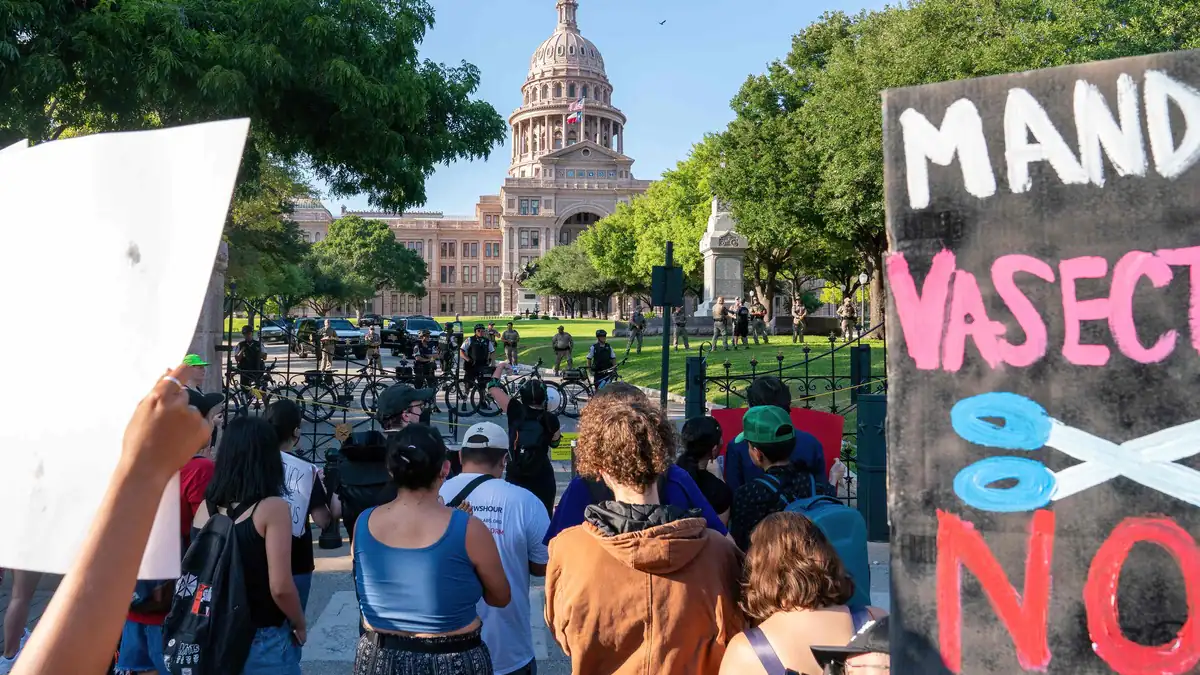Some American companies stood Friday from repealing the right to abortion by promising their employees in particular to pay the necessary medical expenses, but the topic is sensitive in light of the potential legal risks, even from the political backlash.
Yelp’s president, Jeremy Stoppelman, responded to the Supreme Court’s decision that “endangers women’s health, deprives them of their rights and threatens to undo the progress we’ve made toward gender equality in the workplace” since the 1973 ruling to guarantee access to abortion.
“Business leaders should speak up now and ask Congress” to enshrine this principle in law, he added on Twitter.
Few of the major corporations have surprisingly condemned the Supreme Court’s decision.
On the other hand, many have pledged to ensure that their employees, wherever they work, have access to abortion by reimbursing them, if necessary, for the costs of travel to a country where the medical procedure is legal.
A few companies like Yelp or Airbnb had already taken the plunge in September after the entry into force of a law banning any abortion in Texas from the moment a fetus’s heartbeat becomes felt on ultrasound.
Gradually, other companies, such as Citigroup, Tesla or Amazon, changed the health coverage offered to their employees. Another wave including Starbucks, Levi Strauss and JPMorgan Chase followed after a leak to the press in early May announcing the Supreme Court’s potential reversal on the abortion issue.
Some joined Friday, like Disney, which sent a note to its employees assuring them that the company is committed to providing them with access to quality care “no matter where they live,” according to CNBC’s news series.
Many societies remained silent. This does not mean that they do not offer the same facilities in their health insurance.
But speaking out is a double-edged sword, notes Maurice Schweitzer, a professor at The Wharton University in Pennsylvania.
“On the one hand, they want to participate, to be a role model, because it’s important to their employees, especially in the technology sector,” he explains.
On immigration, LBGTQ rights, firearms, racism… many senior presidents have chosen to speak out. But with regard to abortion, “the legal landscape will change,” Schweitzer recalls.
For example, Lyft, which has pledged to pay the legal costs of drivers who will be dragged into court to transport a woman to another state for an abortion, could be sued “too.” Just like companies adjusting their health coverage.
The presidents also remember the recent disappointment for Disney in Florida.
The company initially decided not to speak out against a law prohibiting the teaching of subjects related to sexual orientation or gender identity in elementary school.
Prompted by staff, President Bob publicly criticized the text’s entanglement, infuriating conservative Governor Ron DeSantis and removing the proper administrative status that Disney World had enjoyed for years. 1960 in this state.
In the end, Mr. Schweitzer analyzes, the situation has “frustrated employees who blame the company for not speaking up sooner” and “costs money because of the politicians’ reaction”.

“Subtly charming problem solver. Extreme tv enthusiast. Web scholar. Evil beer expert. Music nerd. Food junkie.”


